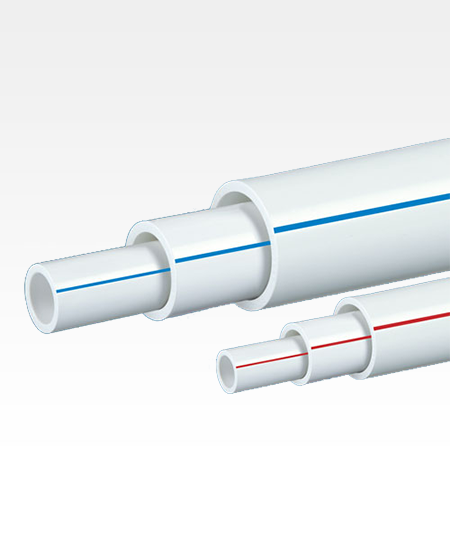Office Address
85, New Alish Market, Mansarovar, Jaipur
85, New Alish Market, Mansarovar, Jaipur
CPVC pipes, short for chlorinated polyvinyl chloride pipes, are a type of thermoplastic piping system known for their superior temperature resistance and corrosion resistance. They are widely used for hot and cold water distribution, as well as for industrial applications where traditional PVC pipes may not be suitable.
Key Features:
Temperature Resistance: CPVC pipes are specifically designed to withstand higher temperatures compared to standard PVC pipes. They can safely handle hot water up to 200°F (93°C), making them suitable for hot water distribution systems in residential, commercial, and industrial buildings.
Corrosion Resistance: CPVC pipes offer excellent corrosion resistance, even in aggressive environments with acidic or alkaline conditions. They are resistant to rust, chemical degradation, and scaling, ensuring long-term reliability and durability.
Mechanical Strength: CPVC pipes have good mechanical strength and impact resistance, making them suitable for both above-ground and underground installations. They are less prone to damage from physical impacts or external stresses compared to other materials.
Smooth Interior: CPVC pipes have a smooth inner surface that allows for efficient and uninterrupted flow of water, reducing friction losses and minimizing the risk of clogs or blockages. This ensures optimal performance of the piping system.
Fire Resistance: CPVC pipes have a high ignition temperature and are inherently flame retardant. They do not support combustion and will not contribute to the spread of fire, making them a safer choice for building applications.
